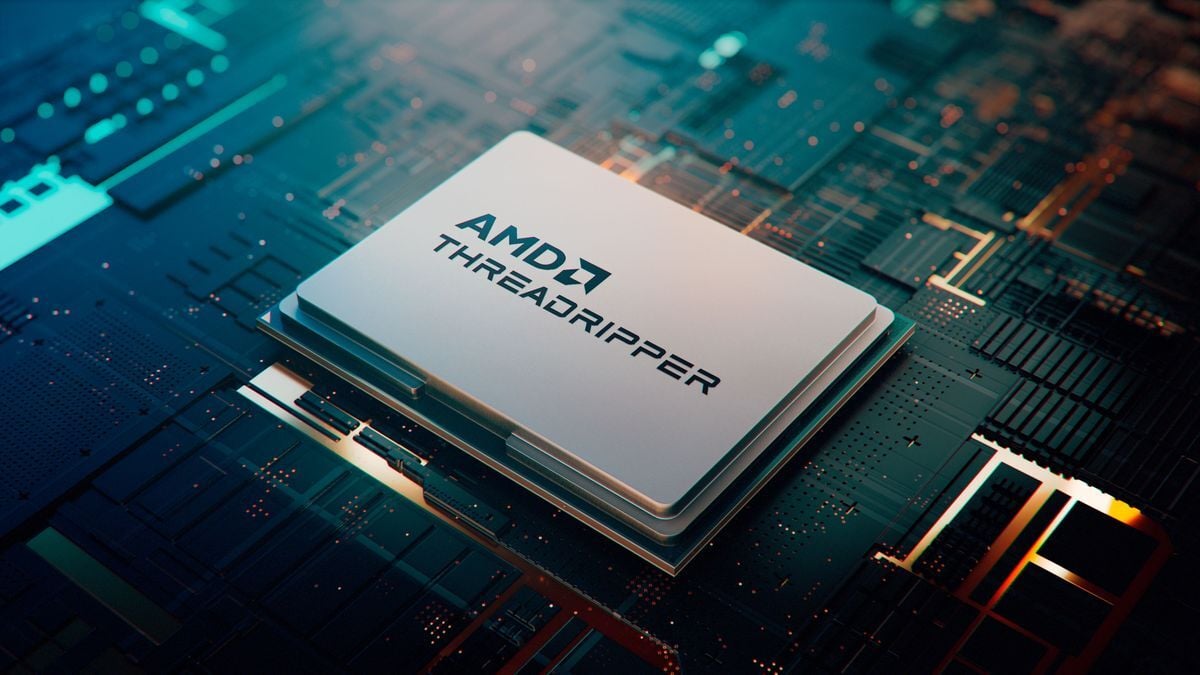- cross-posted to:
- [email protected]
- [email protected]
- [email protected]
- [email protected]
- cross-posted to:
- [email protected]
- [email protected]
- [email protected]
- [email protected]
AMD says overclocking blows a hidden fuse on Ryzen Threadripper 7000 to show if you’ve overclocked the chip, but it doesn’t automatically void your CPU’s warranty::AMD explains the hidden fuses behind Ryzen Threadripper 7000 processors and how it will handle warranty claims.



What a ridiculous take. I love overclocking and pushing hardware to its limits but if I operate equipment outside of its design parameters I don’t expect the manufacturer to bail me out if I damage it. I paid for a 3.8GHz 8 core processor (or whatever) and it’s on me if I decide to operate it outside of those parameters.
A lot of you have this sense of entitlement that does not line up with reality. If need a 12-core 3.8GHz processor that is what I buy. If you decide to buy a 12-core 3.2GHz processor and overclock it to 3.8GHz that is on you. It isn’t on the manufacturer to subsidize your overclocking adventure. Processors are binned according to what they are able to handle and based on benchmark data and the cost of higher-end processors factors in the reality that those higher-end processors may require more frequent replacements due to being on the cutting edge of the platform on which they were designed to run.
Deprogram yourself. If you buy a processor rated for X cores at Y GHz, that is the performance you should expect to receive. If you go beyond that you are on your own and what you encounter on that journey is on you.
What you are suggesting with this statement, whether you realize it or not, is that people who pay for what they actually need should subsidize your attempts to DIY that performance in the form of higher costs overall.
Please, void your warranty, but accept that you have voided it when you do.
The reason I feel the way I do, which I will clarify is just a feeling, is because of the nature of the device. With a car, I know Ford won’t help me if I’ve replaced the stereo, but if the engine fails I know it would still be covered under warranty.
I agree with what you’re saying entirely about hardcore CPU overclocking. The concern is, will AMD be fair and discerning if I have a CCU failure and I overclocked by 100MHz with adequate cooling? How about if my USB controller fails? Will they hear me out if I make a warranty claim? We are putting a lot of trust in a company, and I agree that on without these fuses they’re placing a lot of trust in us.
I get what you’re saying. In a way I can see how it feels like setting a low speed limit so police can pull over whoever they want.
I think what I would say in response to that is, IMO, processors are all so fast these days that you can pretty much buy anything current and you will be fine for basic computing. The value of processors right now is just really high.
I just don’t think it is necessary to overclock in current year. It’s more of a hobby, and I say this as someone who overclocks as a hobby.
Back in the day, a couple hundred extra MHz would not just be a way more significant percentage numerically, but it could get you over the hump from a bad experience to a good experience. Today, we’re talking about 3300MHz vs 3500MHz, and it just isn’t a big difference when you experience it.
In fact, AMD’s precision boost overdrive will give you those couple-hundred MHz without voiding your warranty at all. So if you’re looking to squeeze out a little extra performance, you are covered. You just have to turn it off and demonstrate that you still have the issue before AMD will approve a warranty claim.
So what is actually voiding the warranty? It’s people going outside of what PBO is willing to do. That’s where we get into larger and larger increases in clock speed, and more importantly higher voltages. Higher voltages induce additional stress, leading to higher failure rates.
When I used to build PCs for my friends and family, you literally had to pay extra for the privilege of being able to overclock at all. Compared to that, AMD seems really reasonable in this case.
Why would you even overclock a CPU by only 100 MHz if you’re worried about voiding the warranty? For most workloads you’d never even notice the difference.
That was a hypothetical and you missed the point, on purpose or otherwise. The point they were making is, would they make an issue out of it even if it clearly didn’t have an effect?
Yes, and when there’s little demand for good bins and strong for bad bins then the good bin is sold at the price point of the bad bin. Which happens quite rarely nowadays as manufacturers know their yields and the market and set price points accordingly.
Really unless you have a bottle of liquid nitrogen at hand you should just stay away from the overclock settings alltogether in currentyear, especially with AMD: If you want to get more out of your CPU get a good cooler and a board with good VRM which will allow it to boost higher for longer. PBO invalidates the warranty, it doesn’t void it, meaning that if the CPU misbehaves, crashes etc with PBO on AMD couldn’t care less but if it doesn’t work properly when you return it to stock settings then you have a warranty case. With those overclocking settings OTOH you can enter parameters that might right-out kill the CPU, parameters that PBO will stay away from.